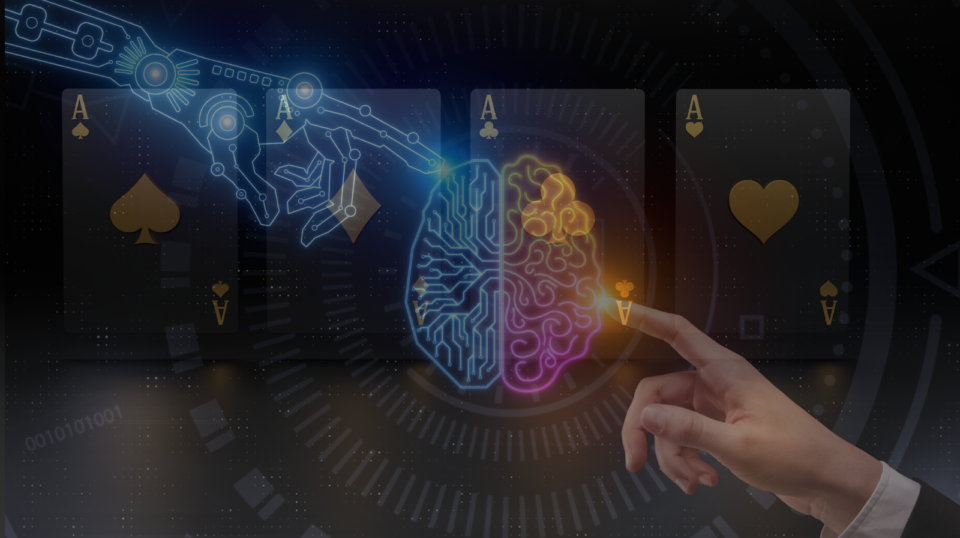Artificial intelligence is reshaping online card rooms, though not with fireworks. More like a steady push. Algorithms watch how people play, then quietly adjust. Style, pace, what you click on, what you ignore, it all gets noticed in the background. Those signals may shift more than difficulty. They can nudge which tournaments appear, the tempo of a session, even the kind of rewards that pop up. PokerTube mentions training systems that simulate opponents who feel oddly human, and they do not play the same way twice. The experience starts to bend around the player. Not perfectly, probably not for everyone, yet it seems less rigid and more alive. Improvement feels closer, or at least easier to chase.
Adaptive features within online poker platforms
AI’s role is not limited to giving you something to play against. Modern systems embedded into online Poker platforms can track how often you play, note your favorite stakes, and assess hand-by-hand tendencies, all in milliseconds. From there, the platform may reshuffle suggestions so the lobby does not stale out. TheCEOVIEWS notes tools that adjust difficulty during win or loss streaks, and sometimes step in with short tutorials when the same mistake keeps showing up.
Recommendations for sit-and-go tables, cash games, or goal-style missions start to mirror real habits instead of some generic profile. Rewards can shift too, tuned to frequency and risk comfort, which is a polite way of saying the system is watching and trying to keep you engaged. If you log in a lot, it notices patterns, then pivots. The whole approach leans on rapid feedback, small iterations, and very detailed models of the person sitting at the virtual seat.
Dynamic training tools for real-world improvement
Training with AI introduces something previously missing from most online Poker experiences—a practice field where each opponent grows smarter as the player advances. After that first step, the feedback loop gets interesting. Virtual opponents watch hands, spot leaks, and push on them. When you fix one habit, they might probe another. PokerTube reports error rates dropping by roughly 18 percent in structured sessions, which sounds promising but likely varies by player and format.
As you get better, the challenges rise, similar to how tournament tables feel tougher later on. Tutorials lean in or back off, toggling between basics and advanced lines depending on how you are playing that day. Beginners get clarity. Experienced players get friction. Progress can feel quicker, or at least less random.
Customized in-game environments and player guidance
Session to session, the table itself may not stay the same. It is not only about smarter opponents. Some engines study time-of-day preferences, betting rhythm, and little psychological tells, then rework the feel of a session. If slow games make someone drift, the next visit might run faster.
Stakes or mission-like goals can line up with a player’s comfort level, which tends to cut down on frustration and early exits. Vocal.Media points to longer average sessions, about 23 percent for frequent players, possibly because novelty keeps slipping in around the edges. The personalization here is not flashy. It just builds a mood that feels tuned to whoever is sitting down.
Safeguards and responsible gambling enhancements
There is a protective side as well. Systems keep an eye on things like how often someone plays, how long sessions run, and sudden changes in bet size. When patterns look risky, the software can surface reminders, suggest a cooldown, or point to help resources.
TheCEOVIEWS cites gains in early detection around 31 percent, although that is still a moving target and effectiveness likely depends on implementation. With monitoring in place, platforms can aim for personalization without losing sight of safety. That balance matters for newcomers and regulars alike.
Prioritizing safe and enjoyable play
AI-powered platforms might fit more closely to a player’s rhythm, which is nice, but it also raises the bar for responsible habits. Setting limits, paying attention to prompts, taking breaks, these steps help the tech work for you.
With adaptive systems learning in the background, the line between fun and overdoing it becomes easier to see, though not automatic. Staying mindful keeps the benefits intact. And the best sessions usually come from that mix of curiosity and restraint, which is still on the player more than the software.

